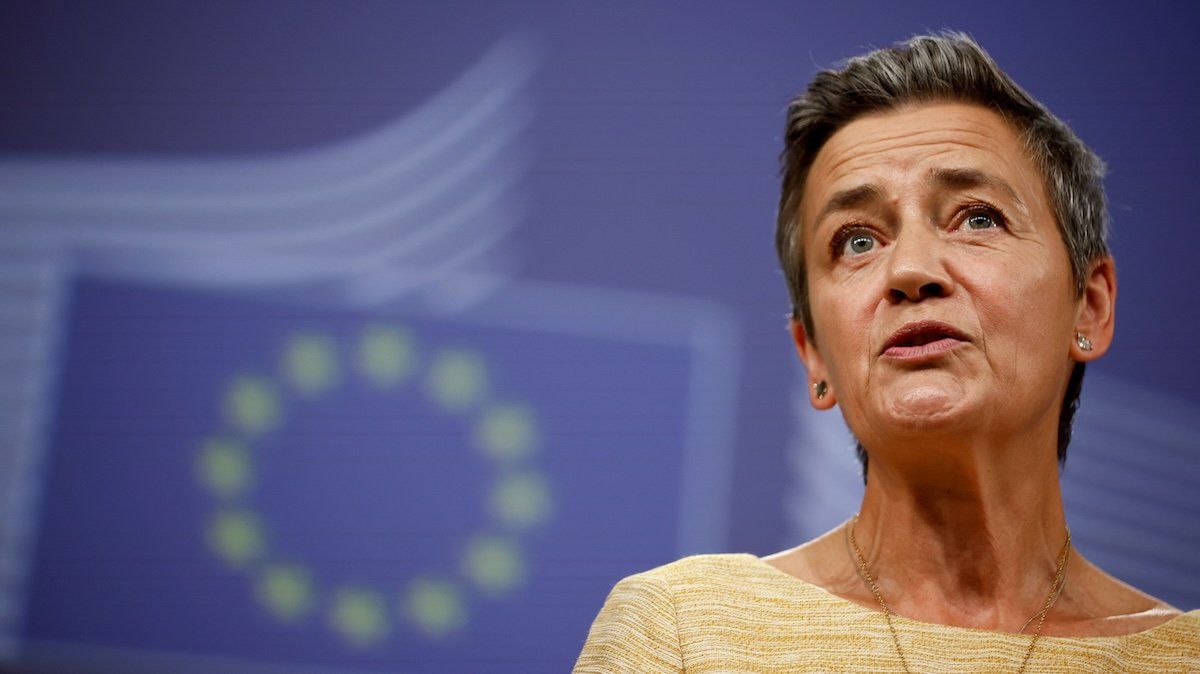It was Tech Two-fer Tuesday in Brussels, as EU regulators got twin wins in their ongoing regulatory battle with US tech giants.
Google lost its final appeal in a 2017 antitrust case that found the company’s search engine had illegally prioritized its own shopping platforms. Google must now pay $2.7 billion in fines.
Apple, meanwhile, was ordered to pay $14 billion in back taxes, after the EU’s top court ruled that the Irish government had once given the tech giant sweetheart incentives that amounted to “unlawful aid.”
To be fair, these numbers are pocket change for companies raking in hundreds of billions of dollars in annual revenue. And in both cases, the underlying offenses were rectified years ago – the Irish scrapped the sweetheart deal in 2015 and Google has since tweaked its ad algorithms.
But the rulings set a precedent as the EU flexes its unique muscle as a standard-setter in global tech regulation.
The next showdown: In July, Brussels said X had violated strict EU rules on harmful content. If the two sides can’t settle, the case will go to court. That seems likely, given that X owner Elon Musk responded to the charges by vowing to fight “censorship” and calling on the EU to perform a sex act on its “own face.”
